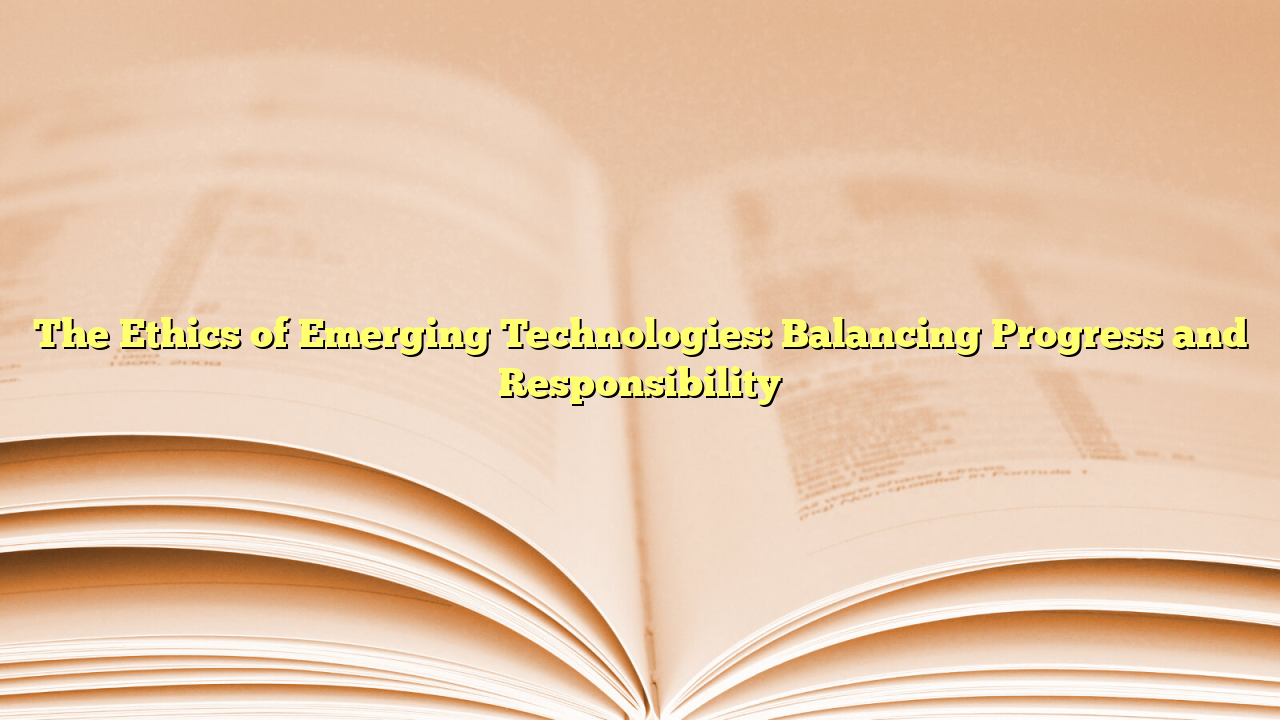Technological innovation often outpaces the ethical frameworks designed to guide it. As emerging technologies like AI, robotics, and biotechnology indo168 reshape society, questions about ethics and responsibility become increasingly urgent.
Artificial Intelligence raises issues of bias and accountability. Algorithms trained on biased data can reinforce discrimination, while the lack of transparency in decision-making challenges fairness. Should an AI system be held accountable for errors, or does responsibility rest with its creators?
In biotechnology, gene editing tools like CRISPR offer the potential to eliminate diseases but also spark fears of “designer babies” and unintended consequences. The ability to alter human DNA forces society to reconsider fundamental questions about morality and human identity.
Robotics and automation bring efficiency but also disrupt labor markets. The ethical challenge lies in balancing progress with protection for displaced workers. Should governments provide retraining, universal basic income, or other safety nets?
Privacy is another pressing concern. From smart homes to wearables, devices constantly collect personal data. Without strong protections, individuals risk losing control over their digital lives.
The global nature of technology makes ethical regulation complex. What is acceptable in one country may be restricted in another, creating uneven standards. International cooperation will be necessary to prevent harmful outcomes while encouraging innovation.
Ultimately, the ethics of technology is about more than avoiding harm—it is about shaping progress to serve humanity’s best interests. Balancing innovation with responsibility requires open dialogue among governments, businesses, and citizens. By asking hard questions now, society can ensure that technological revolutions improve lives without compromising core values.
